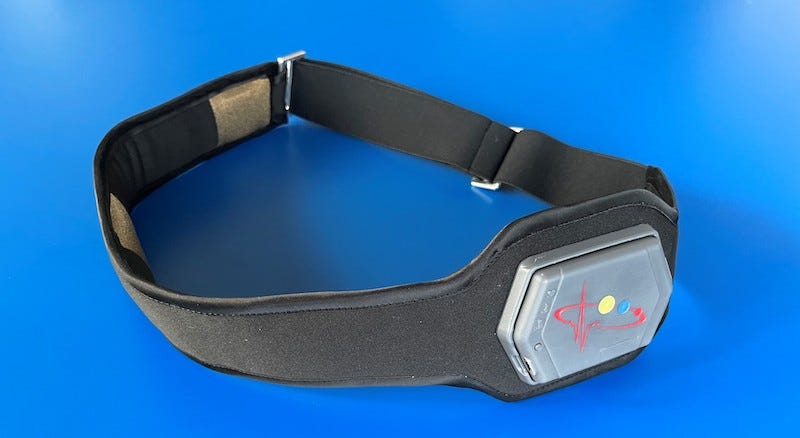Tracking Fitness in Space
ESA Astronaut Will Track His Health and Body Vital Signs During Exercise
One of the experiments during ESA astronaut Andreas Mogensen’s mission will track his health and body vital signs during his daily exercise in space.
"(W)hat sets the SpaceWear monitor apart from these is the frequency and quality of the data that it measures.
Thomas Andersen, Danish Aerospace Co…




